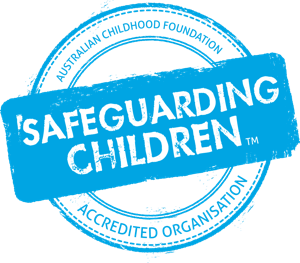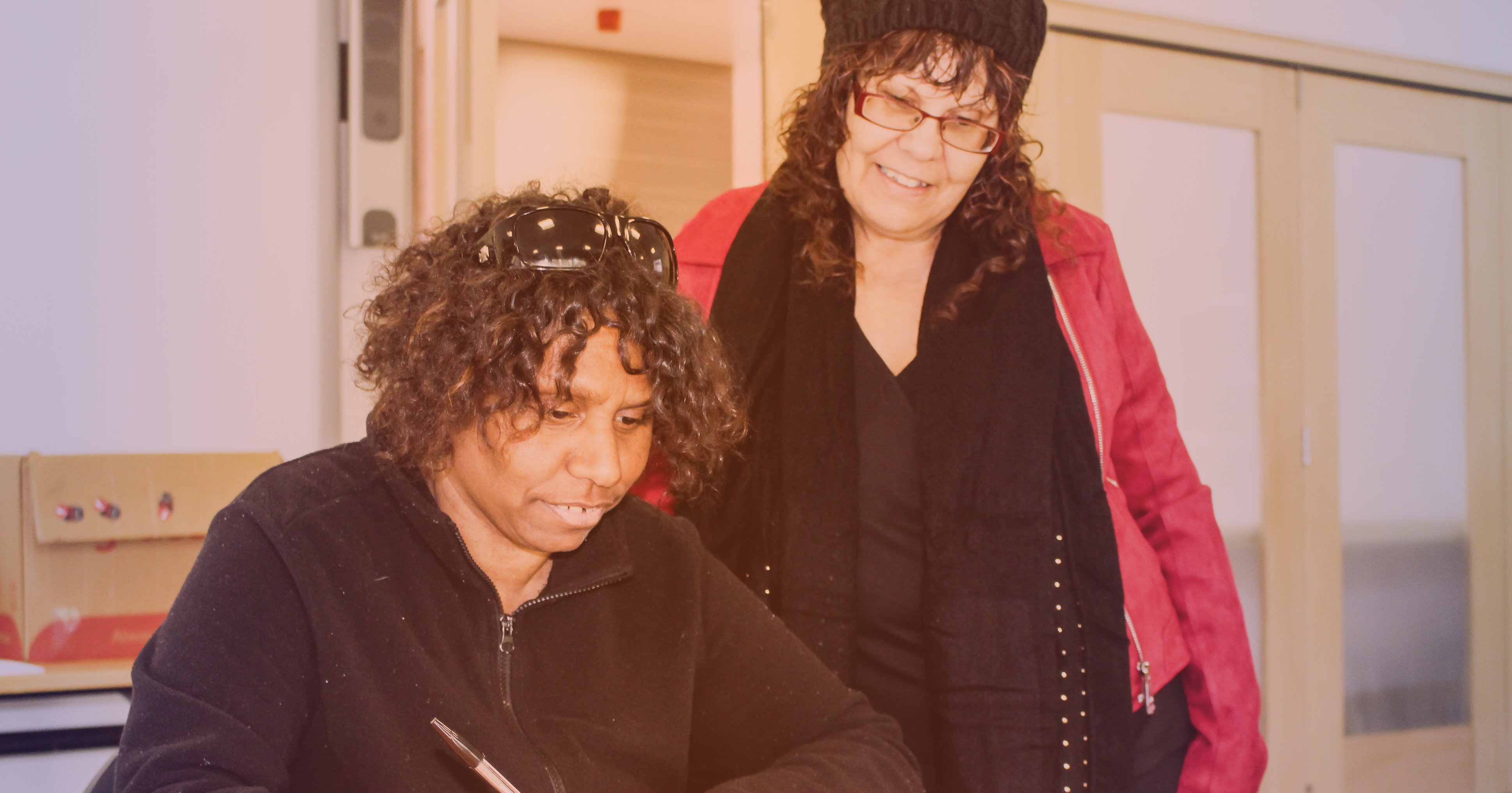The Parenting Orders Program (POP) aims to assist separated parents to reduce conflict and improve levels of agreement, communication and cooperation regarding their children’s needs. POP clients participate in individual coaching sessions or a series of education workshops over the course of six weeks.
In 2018, RA Tas identified that the series of education workshops did not adequately cater for or address the issues that can surface when a family breakdown occurs within the Aboriginal community. RA Tas partnered with the Tasmanian Aboriginal Centre (TAC) to culturally adapt, promote and pilot the program. Since the initial partnership with the TAC, the program has gained momentum; now delivered to several Aboriginal communities throughout the State.
Over six weeks, participants cover topics such as effective communication, parenting and conflict resolution. The core focus of the group workshops is to help separated parents understand the effect of their conflict on their children and how to communicate more effectively.
Sharing and learning within a group setting aims to engage participants in group conversations, reduce feelings of isolation and develop further connections in the community. However, Jaye Clair, Aboriginal Program Worker, notes that “often the Aboriginal community can find the group format off-putting – for fear of judgement”.
It was, therefore, essential to work with the Aboriginal community in shaping the program, Jaye brought great insight into the process, “because of being Aboriginal and my connection to the community, I understand the barriers this group of people face when accessing support” she explained.
Consulting the community on where and how they would like the program delivered was and continues to be influential in the program’s promotion, structure and delivery location.
The communities’ concerns around trust, particularly towards unfamiliar people and organisations, were addressed through facilitating workshops at local community centres and in partnership with familiar and trusted organisations – In contrast to POP, which is delivered at RA Tas facilities.
Another significant difference is the pathway participants take into the program. The Aboriginal POP, unlike the mainstream program, is not a court-ordered service. Traditionally a high number of participants in POP are referred from the court – In the case of the Aboriginal POP, participants voluntarily enter the program.
Cultivating networks and relationships within the community is an integral part of the program. Jaye remarks that “a common issue with mainstream services for many Aboriginal people is that if there’s not a familiar person of contact, then they won’t access these services”.
Before the commencement of each program, Jaye builds rapport by establishing a key contact in the community, “It’s about making connections – when people know each other, and trust each other, they work well together”. The program is advertised to key members of the community, using word of mouth as a means for generating interest. The program is promoted and run in conjunction with other activities and programs held at the community centres, encouraging people to drop in and meet Jaye before joining the group.
Aboriginal POP is demonstrating value, with high demand for the program creating follow-on sessions and communities requesting the program at their local centres. Jaye remarks, “I frequently hear from the centres asking about when I’ll run the next program… there is a growing interest for POP in the Aboriginal community”.
Recognising services such as POP, where cultural adaption can increase the uptake of services by Aboriginal clients is important. Programs that understand the cultural and social fabric of the communities they serve ultimately lead to more meaningful support; however, simply understanding is not enough. Aboriginal POP demonstrates that instead, genuine consultation and reflective practice that provides culturally relevant services, as defined by those who receive them, is essential.




